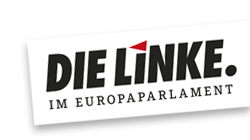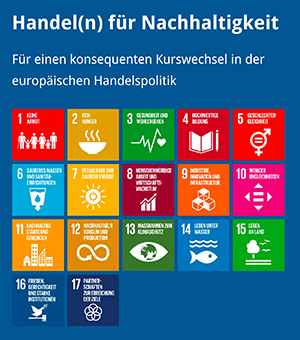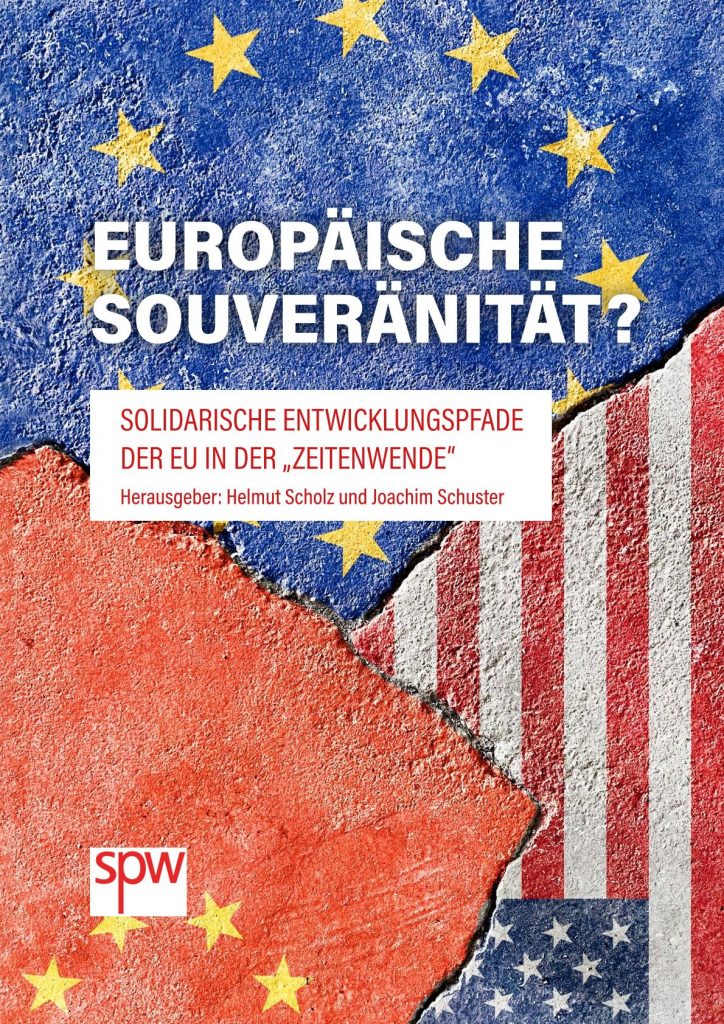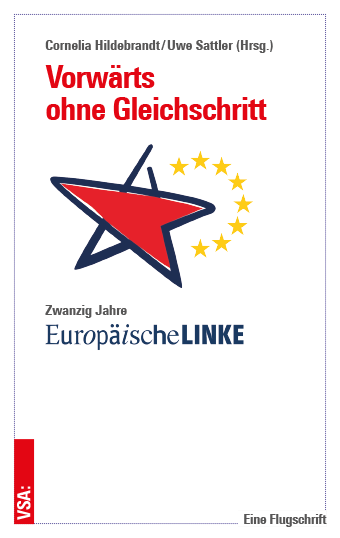Strasbourg 23/11/2016
CETA: Democracy suffers another blow as Parliament avoids opinion of European Court of Justice
Today, a majority of MEPs in the European Parliament voted against seeking the opinion of the European Court of Justice on the compatibility of the Comprehensive Economic and Trade Agreement between the EU and Canada with the EU treaties.
GUE/NGL Shadow Rapporteur on CETA, Anne-Marie Mineur, comments: "It is an outrage that the majority of MEPs in the European Parliament are not doing their job to scrutinise the CETA consent procedure. It is our job to check the impact that a complex agreement like CETA would have on our societies."
"Time and again the Parliament has been urged to ask the European Court of Justice for advice about the compatibility of the agreement's dispute settlement chapter with the European legal system. That advice was received from the European Judges Association, the Deutscher Richterbund and over 100 law professors from various countries. The majority of the Parliament have simply ignored them.
Helmut Scholz, GUE/NGL Coordinator for the International Trade Committee, explains: "It is CETA's Investment Court System in particular, which has led to the call for the agreement's compatibility with the EU treaties to be checked."
"The Investment Court System – or ICS – is based on the currently and broadly used Investor-State Dispute Settlement mechanism – or ISDS – in bilateral or plurilateral trade and investment agreements.
"Just like the ISDS, the ICS would enable foreign investors to sue member state governments of the European Union if their investments do not gain the returns anticipated due to a change in national legislation, such as a new law to protect human health that reduces the profits of the tobacco industry.
"The ICS is one of the main reasons that millions of European citizens, trade unions, environmental NGOs and consumer protection organisations, municipalities and local authorities are criticising and/or opposing CETA."
Anne-Marie Mineur recalls: "In 2014, the Commission launched a large public consultation on the ISDS, and the result was that 97 per cent of the respondents declared themselves opposed to such a special justice system allowing investors to sue states."
Other significant concerns about CETA include: massive job losses, importation of agricultural products containing pesticides and antibiotics, liberalisation of public services including health services, the importation of fuels that are extremely damaging to the environment such as gas from fracking and oil from tar sands, and accelerating climate change.
Helmut Scholz stresses that "the scope of CETA reaches much further into the whole complexity of today's forms of production and consumption than previous free trade agreements did, affecting rules and standards in the countries' markets and economies."
"The agreement will not only be a deal with Canada, but a deal that involves the 80 per cent of multinational companies from the United States which have subsidiaries in Canada too. These are the same companies that would benefit from the TTIP agreement between the EU and the US which has been criticised for the same reasons as CETA.
"Therefore, we really need legal certainty about the compatibility with the EU treaties of the huge free trade area between the EU and Canada that would be opened up by the CETA."
As the European Court of Justice will not be asked for its opinion on the legality of CETA, it is expected that the Parliament will vote on its consent to the agreement in the coming months.
"The Parliament must now assume its responsibility and take the necessary time to check – in a transparent manner – the impact of CETA on all aspects of the daily life of citizens in all 28 EU member states, as well as on Canadians," says Scholz.
Mineur concludes: "We are risking entering into an agreement for which the legality has not been checked. Democracy is suffering even more under the current political games."
GUE/NGL Press Contact:
Nikki Sullings +33 3881 76723 / +32 483 03 55 75
Gay Kavanagh +32 473 84 23 20
European United Left / Nordic Green Left (GUE/NGL)
European Parliamentary Group
www.guengl.eu









